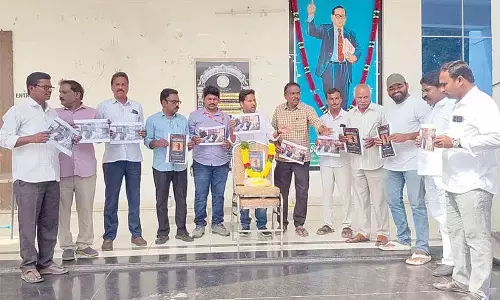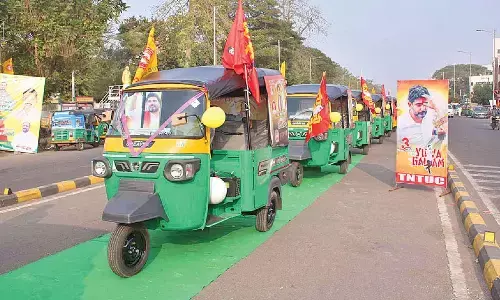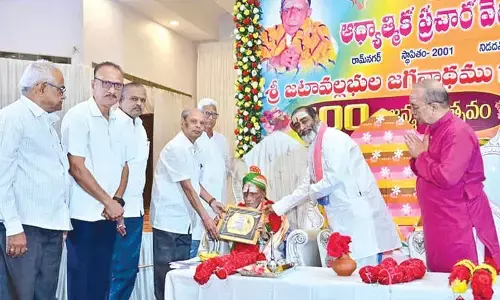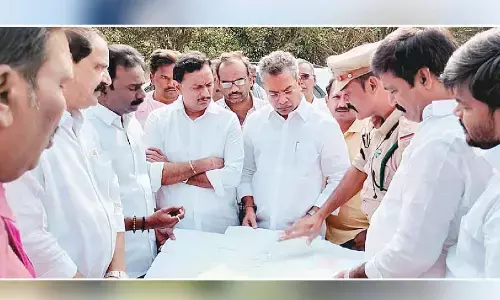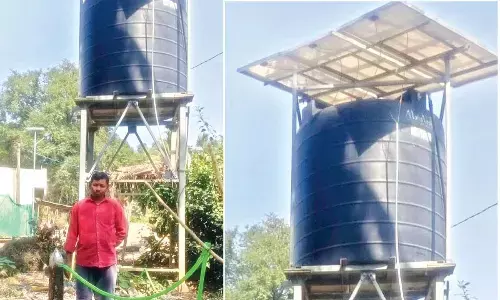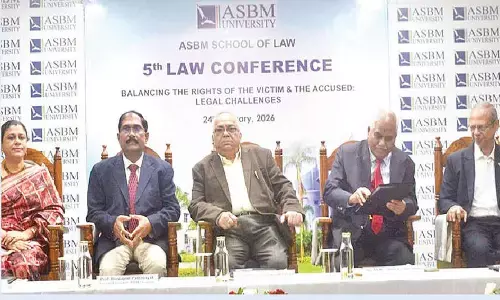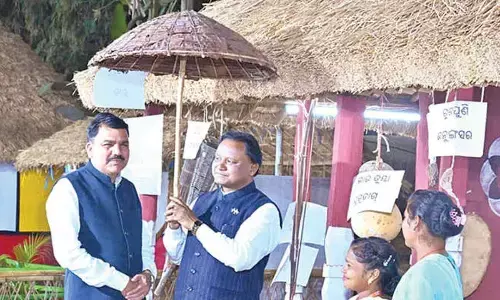Harikatha Pithamaha' Srimadajjada Adibhatla Narayana Dasu
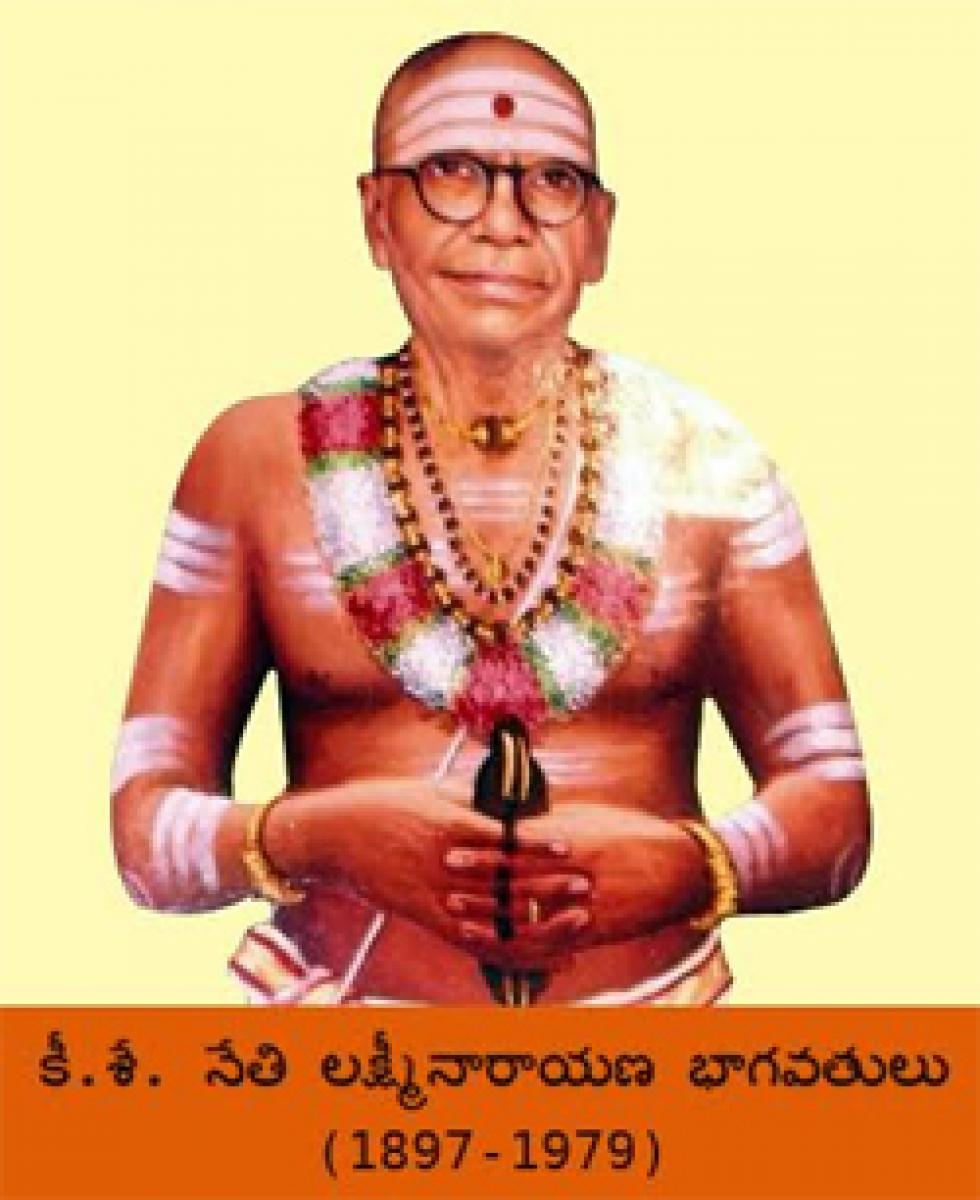
Shri Adibhatla Narayanadas was a linguist with proficiency in as many as eight languages (including Arabic and Persian), poet, philosopher, composer, dancer and the creator of the unique art form \'\'Harikatha\'\'.
.jpg) Shri Adibhatla Narayanadas was a linguist with proficiency in as many as eight languages (including Arabic and Persian), poet, philosopher, composer, dancer and the creator of the unique art form ''Harikatha''.
Shri Adibhatla Narayanadas was a linguist with proficiency in as many as eight languages (including Arabic and Persian), poet, philosopher, composer, dancer and the creator of the unique art form ''Harikatha''.
Narayanadas, who was born on 31st August, 1864 in Ajjada village, near Bobbili (presently in Balijipeta mandal of Vizianagaram District,Andhra Pradesh and is known as the versatile genius. Born to Smt. Lakshmi Narasamma and Sri Venkatachayanulu. His ancestors / fore-fathers were very famous and known for their Agni, Soma Yagas and Nitya Annadanas.
Narayanadas was a child prodigy, used to sing poems and songs from early childhood age itself. Once when Narayanadas was of 5 years of age, his mother visited a bookstall. Nayaranadas saw Pothana Bhagavatam and wanted the book – the book stall owner laughed at the bala Dasu and said that you are a child. Narayanadas immediately recited poems continuously and loudly, impresed by this the bookstall owner gifted a huge volume of “Pothana Bhagavatam'' with some cash reward.
Narayanadas was a natural poet, Ekasantagrahi, an authority in Vedas and used to recite puranas with music. Also versed with numerology and astrology. Though most of these were initially learnt under a guru, but mastered on his own. He was a fast learner, able to repeat with speed and clarity even difficult lessons in one hearing itself.
He had mastery over several Indian and foreign languages like Telugu, Sanskrit, English, Hindi, Bengali, Urdu, Arabic, Persian etc. His literary contributions were extensive; has written over fifty books in Telugu, Sanskrit and Atcha Telugu.
His works ranged from children's literature to philosophical treatises. He wrote many Kavyas, Prabndhas, Harikathas, prose works, musical works, dramas, translations, treatises in philosophy and Vedic studies etc. He was also a performer of Ashtavadhanam.
He was also an accomplished Vainika vidwan. He gave many lectures in English and could converse in Tamil, Kannada, Bengali, Urdu, Arabic, Persian languages. With his literary prowess, he had huge followers, well wishers across the country and many were regaled with his Harikatha recitals.
He was the first principal of the 'Sri Vijayarama Gana Pathasala' a College of Music and Dance established in 1919 by the Maharajah of Vizianagaram. The Maharajah in fact established the Music College, which was among the first few in South India, to honour the Pandit and enable enthusiasts to learn music from him. Dwaram Venkataswami Naidu, the well-known Violin maestro, was a lecturer in the college during the Pandit's tenure and succeeded him as principal.
He used to dance along with disciples on the roads while teaching Harikatha to them. Some of the disciples of Narayanadas were Vajapeyajula Subbaiah, Neti Lakshminarayana, Vadlamani Narahimdasu, Sambaridasu, Choppalli Surayanarayana and Vedanabhatla Venkata Ramanaiah.
Narayandas taught Harikathas to many students.
However, 'Harikatha Kesari & Harikatha Praveena' Neti Lakshminarayana Bhagavatulu and Vajapeyajula Subbaiah, were the only two notable disciples of Narayanadas, who have learnt twelve Harikathas from Narayanadas and could truly render them as was taught by their guru thereby adhering to the rules of dance and rythem strictly while performing Harikathas. These disciples have learnt complete Yadardha Ramayanam from Narayanadas and Dasugaru used to call them as 'Ramayana Sodarulu'.
Dasu garu composed many Harikaths like Yadardha Ramayanam, Rukmini Kalyanam, Savitri charitram, Dhruvacharitra, Harischandra, Markandeya-Charitramu, Gajendramoksham, Ambarisha .... His Sanskrit works include Harikathamrutam a compilation of three Harikathas, Tarakam (an original allegorical poem) and two Shatakas - Ramachandra Shatakam and Kashi Shatakam. He translated the Ruks of Rig veda into Telugu verse. He gave many lectures in English and could converse in Tamil, Kannada, Bengali, Urdu, Arabic, Persian languages. With his literary prowess, he had huge followers, well wishers across the country and many were regaled with his Harikatha recitals.
Narayanadas wrote Harikatha 'titled 'Sri Krishna Jananam'' in Sanskrit and was performing in the durbar of Rajesh Ganesh Chandra Thakur in Kolkata with translation in Bengali, off and on, to attract local audience. Gurudev Ravindranath Tagore who was also present at that time, was delighted with the performance of Narayanadas and showered praises on him. His fame extended farther and farther and chian of invitations used to pour in for his performances. His harikatha programme used to start at 8 p.m. and continue late in the night, on few occassions it ended in wee hours of following day. So mesmerizing was his peformance that people used to sit throughout and request for more of it. Many rasikas were regaled with his Harikatha kalakshepam.
Once in Mysore, by sheer co-incidence Mysore Maharaja H.H. Sri Chamaraja Wadiyar happened to watch his performance. Very much impressed, he invited him to the Mysore Court. The durbar was prepared and elaborate arrangements were made to accommodate 600 plus high ranking officials, to watch Sri Narayanadas performance. Next day Dasu garu along with his brother Peranna were honorably escorted from residence to the court. The performance on that day was highly applauded by one and all. Maharaja offerred Narayanadas ''Aasthana Pandit''.
Self-actualization was the motive in Narayanadas' life in all the fields he worked in, be it literature, music or other performing arts such as Avadahanam and Harikatha. He did't like fame and fortune. When Maharajah of Mysore and Vizianagaram, offerred the Pandit to accept the honour of Court Musician, he simply declined and instead preferred to lead an independent life in the service of God. Even when he consented to Head 'Sri Vijayarama Gana Pathashala', the music college the Maharajah of Vizianagaram founded just for the purpose of honouring him. But Narayanadas insisted that the college be treated as a Temple for Sri Rama and him as His servant.
He extensively travelled from Kolkata to Kanyakumari and gave peformances on various platforms, Zamindari / Maharaja Darbars. Ever since he mastered Harikatha ganam, he was highly accoladed, honoured with Palanquine seva, Gajarohana and numerous public felicitations. Diamond ear studs, golden bracelets, chains & lockets stuffed precious stones, rings, pears etc. were regular gifts presented by Zamindars, Elite families & Maharajas.
For his unusual and exemplery performance, literary works - literary, musical elite, intellectuals, denizens of his time honoured Narayanadas with various titles like 'Laya Brahma', 'Ata Pata Mata Meetala Meti', 'Sangeetha Sahitya Sarvabhouma', 'Harikatha Pithamaha', 'Panchamukhi Parameshwara' etc.
In fond rememberance of his beloved guru, Neti Lakshminarayana Bhagavutulu has installed the idol of Narayanadas in Vijayawada (Sivalayam Temple Premises, Satyanarayana Puram) where for the past six decades his guru's Jayanthi (Sravana Bahula Chathurdasi) and Vardhanthi (Pushya Bahula Panchami) celebrations (both for 3 days) are being performed in a befitting manner with Harikathas by exponents of Harikatha.
Some of the shishyas of Neti Lakshminarayana were Sarvashri Karedla Subrahmanya Sastry, Kuppa Veera Raghavaiah, Kavuri Subrahmanya Sastry, Subbannarayana, Mutnuri Kutumbaraya Sastry, Mulukutla Sadasiva Sastry, Burra Sivramakrishna Sarma, Ambadipudi Sivarama Krishna Sarma, Ammula Viswanatha Bhagatar and so on.
After demise of Neti Lakshminarayana Bhagavatar, the Shishya Prashishyas are continuing the legacy of organising Jayanthi (dedicating the first day to late Neti Lakshminarayana Bhagavatulu) and Vardhanthi celebrations of Narayanadas with Harikatha programmes.
On the first day of the Jayanthi celebrations, Late Neti Lakshminarayana family is honouring one distinguished Haridas every year and on the third day others are honouring another Haridas in the name of Narayanadas.
The efforts put in by 'Sarvaraya Harikatha Pathasala', Kapileswarapuram in East Godavari District, Andhra Pradesh in teaching Harikathas in gurukulam tradition, training upcoming Haridas artistes and also the efforts of Shishya Parampara in organising the Narayanadas Jayanthi and Vardhanthi celebrations in a traditional way across Telugu States, is laudable, worth mentioning and needs encouragement.
Y V Krishnaiah
Next Story









